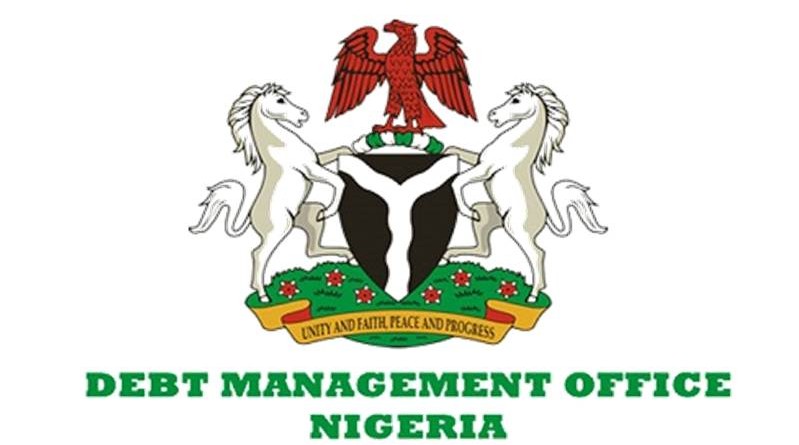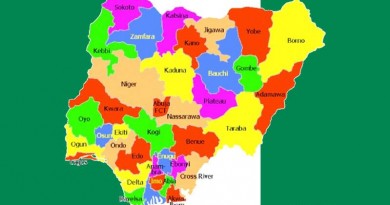Nigeria’s public debt stock rose by N49 trillion to N87 trillion in second quarter of 2023
According to data issued by the National Bureau of Statistics (NBS), Nigeria’s total public debt stock stood at N87.4 trillion at the end of the second quarter (Q2) of 2023, more than double the magnitude of the debt in Q2 2022 at N42.5 trillion.
Nigeria’s debt profile increased by N49.85 trillion quarter over quarter, with a growth rate of 75.3 percent. During the study period, external debt accounted for N33.3 trillion, or 38% of total public debt, while domestic debt accounted for N54.1 trillion, or 62% of total debt. While the composition of debt changed, the reasons for the change varied.
External debt increased due to exchange rate harmonisation, whereas domestic debt climbed due to the inclusion of Ways and Means Advances in the national debt stock. The dollar value of the external debt increased by 7.7 percent, from $40 billion to $43 billion. The naira equivalent increased by 100% from N16.6 trillion in Q2 2022 to N33.2 trillion in Q2 2023.
This means that the recent harmonisation, along with a considerable increase in new foreign debt, accounts for a portion of the growth in total debt. Domestic debt increased primarily as a result of the inclusion of N22.7 trillion in securitised FGN’s Ways and Means Advances in public debt stock.
From N15.2 trillion in Q2 2022 to N42 trillion in Q2 2023, the FGN bond climbed by 176%. Without aggressive measures to enhance government revenue, the public debt, particularly the domestic component, would continue to rise. The tax system must be improved in order to promote tax compliance and prevent revenue leakages. Furthermore, the government’s use of finite public resources must be more responsible and open.




